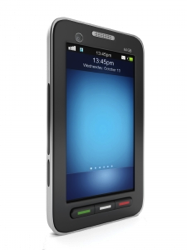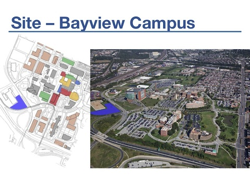

mHealth advocates are giving good early reviews to the U.S. Food and Drug Administration’s final guidance document on the regulation of mobile medical apps, with one expert calling it “an expansive document that truly seeks to deregulate our nimble and innovative industry, while ensuring patient safety.”
“The guidance goes much further than I thought it would,” said Robert Jarrin, senior director of government affairs for Qualcomm, who noted that the agency has taken a new and novel approach in launching a consumer-facing website with an adjoining list of regulated apps that may be updated on a regular basis. In addition, he said, the FDA is creating a team that will be tasked with answering public inquiries about mobile medical apps submitted through mobilemedicalapps@fda.hhs.gov.







